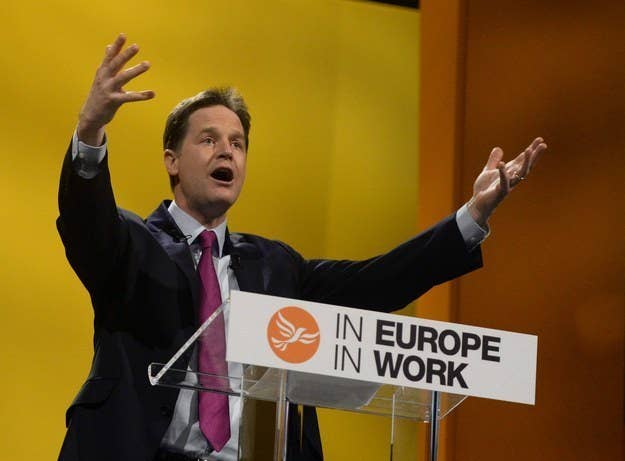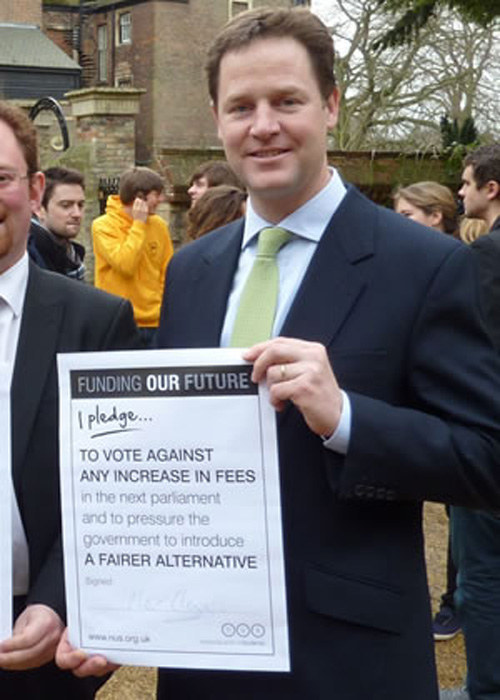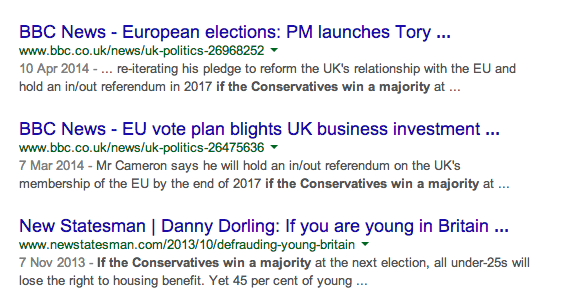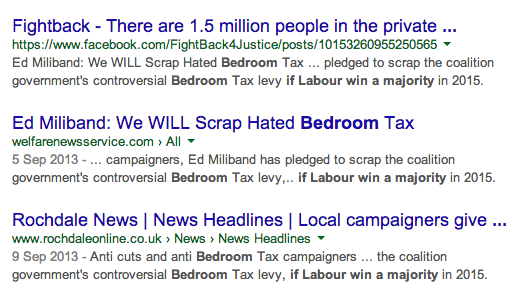
British politics has a problem: it's not designed for an election where a coalition is the most likely outcome. This is going to be a problem when parties make manifesto commitments at the next election.
This morning Nick Clegg announced a new Liberal Democrat pledge to end prison sentences for the individuals caught possession of drugs. People who are caught by police with illegal drugs ranging from cannabis to heroin will still be arrested but under the new policy they won't be chucked in jail.
The Sun tentatively backs Nick Clegg's call not to jail people caught in possession of drugs, maan
It's bold, a bit different and has the backing of The Sun, which penned a glowing editorial in support of the deputy prime minister. For a man used to getting a kicking in the tabloids he and his team will be pleased with the coverage and the response it has received. It fits with the long held desire among Lib Dem activists for decriminalisation of drugs. It appeals to young, centre-left voters who fled the party after the 2010 general election. All in all, it was a successful launch.
And there's almost no chance of it becoming law.
That's because it will only come into effect if the Lib Dems "win the next election". And Nick Clegg is the first to say that's not going to happen.
The Lib Dems have always written policies for manifestoes to fight elections that they know they won't win. That's the curse of being a minority party in a two party system: you present your vision of how Britain should be run, you cost everything up and then the voters thank you by handing a stonking majority to one of two big boys.

But the 2010 general election broke this and Britain had to get used to coalition politics. Instead of working hard to implement the manifesto of a single party the Conservatives and Lib Dems sat in meetings and whipped together an amalgamation of the two parties' policies and created a new manifesto. A lot of British voters couldn't cope with the Lib Dems sacrificing some of their pledges, especially when it came to tuition fees.
This is what Clegg's team say when asked whether the new drugs policy will definitely make it through any coalition negotiations:
"We're setting out a whole raft of policies at the moment, to give people a sense of what we offer. We're not at this stage getting into red lines and non-negotiables."
With another coalition likely after the 2015 general election, policies announced with the "if [name of party] win a majority" could become problematic, especially if parties don't set out their "red lines" in advance.

And it's a problem that affects all parties.

